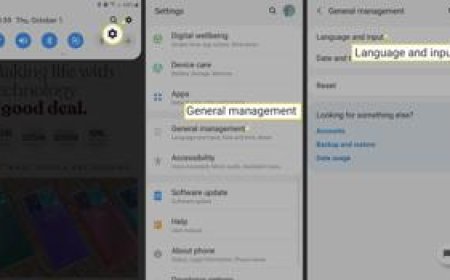Residential Solar Panel System vs. Grid Power: Which Saves You More?
Residential Solar Panel System vs. Grid Power: Which Saves You More?
As energy prices continue to rise and sustainability becomes a priority, homeowners face a crucial decision: stick with traditional grid electricity or invest in a residential solar panel system. While both options have their pros and cons, the ultimate question iswhich one actually saves you more money in the long run?
In this article, well break down the cost, efficiency, and long-term value of solar panels for home use compared to relying solely on the power grid.
? What Is Grid Power?
Grid power refers to the electricity you receive from your local utility company. Its convenient, consistent, and widely accessible. However, this convenience comes with ongoing costsmonthly bills that can increase year after year.
Key Features:
-
Monthly utility bills based on usage
-
Rate fluctuations and time-of-use pricing
-
Vulnerability to power outages and blackouts
?? What Is a Residential Solar Panel System?
A residential solar panel system allows you to generate electricity directly from the sun. Installed on your roof or property, these panels convert sunlight into usable electricity for your home. When paired with a solar battery, you can store unused energy for use at night or during outages.
Key Features:
-
One-time installation cost
-
Significantly reduced or eliminated energy bills
-
Long-term ROI (typically 610 years to break even)
-
Government rebates and tax incentives available
? Cost Comparison: Solar vs. Grid
1. Upfront Costs
-
Grid Power: No upfront costs, but endless monthly payments
-
Solar Panels: Installation can cost between $10,000$25,000 (before incentives), but its a one-time investment
2. Monthly Expenses
-
Grid: Continual bills that can rise over time
-
Solar: Minimal monthly cost, especially if your system produces more than you consume
3. Incentives
-
Grid: Typically none
-
Solar: Federal tax credit (U.S.), state rebates, net metering programs
4. Lifetime Value (2025 years)
-
Grid: Average homeowner may spend $30,000$50,000 over 25 years
-
Solar: After system payback, most of your energy is free
Winner: Residential Solar Panel System
Despite a higher initial cost, solar systems dramatically reduce long-term expenses and provide a clear financial edge over time.
? Energy Control and Independence
-
Grid Power: Subject to outages, utility pricing, and demand-based surcharges
-
Solar Panels for Home: Paired with a battery, you gain energy independence and backup power during blackouts
? Environmental Impact
-
Grid: Often powered by fossil fuels, contributing to carbon emissions
-
Solar: Clean, renewable, and sustainableeach home system offsets tons of CO? over its lifetime
Winner: Residential Solar Panel System
Better for your wallet and the planet.
? Final Verdict: Which Saves You More?
If you're focused on long-term savings, energy security, and sustainability, a residential solar panel system is the clear winner. While the grid offers immediate convenience with no upfront investment, it comes with ongoing costs, less control, and no environmental benefits.









































